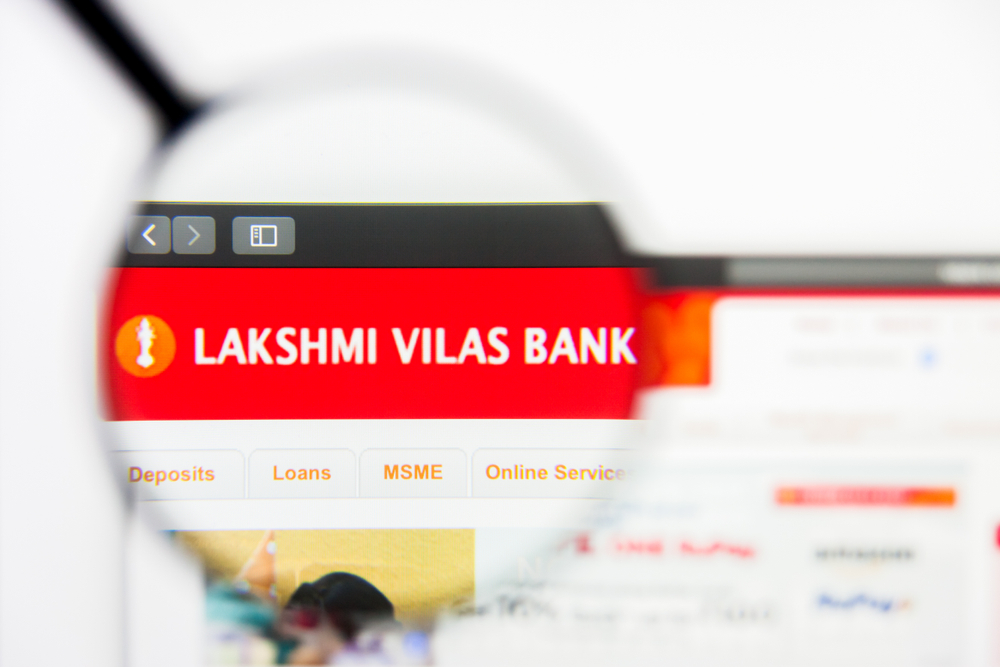RSS-affiliated Swadeshi Jagran Manch has staunchly opposed the RBI supervised merger of Lakshmi Vilas Bank (LVB) with Singapore-based DBS, alleging the deal lacks transparency and is in contrary to the Modi government’s much vaunted Atmanirbhar Bharat policies.
“Appreciate the intent of the RBI to protect the depositors’ in LVB, we believe the same end could be achieved without compromising national interests. The proposal is not transparent and casts a shadow on the fair name of the Reserve Bank of India,” Ashwani Mahajan, national co-convenor of the SJM, wrote in a letter to RBI governor Shaktikanta Das.
Mahajan said in the letter in the 60 years since the first of the 81 bank mergers in 1961, not one involved a foreign bank.
“Why is LVB being merged now with a foreign bank? Is this the new policy of the RBI and the government of India? If so, this should be debated and its implications examined thoroughly in the national interest. Why is the RBI changing fundamental policy without transparency? What has been proposed is contrary to the Atmanirbhar Bharat direction of the Prime Minister,” Mahajan wrote.
Mahajan said when an Indian bank is merged with a foreign bank, it is immediately exposed to the risks of the foreign bank. The policies and shareholders’ interests’ of the foreign bank become the principal criteria for decision making of that bank.
“What if the foreign bank, DBS in this case, is merged or sold off to another entity in its home market in the future? These are routine developments in publicly listed entities overseas, and even the management of DBS cannot say what will happen in the future,” the letter said.
DBS is stated to be injecting Rs 2,500 crore in its own Indian subsidiary to enhance its capital to absorb LVB.
“The point to note is that the money is coming into DBS India, and not into the troubled LVB. DBS is not paying any price for the acquisition. For this piffling amount being brought into their own subsidiary, DBS is gaining access to the LVB deposits reported to be in excess of Rs 20,000 crore of Indian money,” he said.
LVB is stated to have net NPAs of over 10 per cent. On an advances base of Rs 16,000 crore (as of November 20), the amount involved is around Rs 1,600 crore.
On a gross NPA level of 25 per cent, the amount could be about Rs 4,000 crore.
On November 17, The Reserve Bank of India imposed a moratorium on Lakshmi Vilas Bank, capping deposit withdrawals at Rs 25,000 till 16 December this year, while ordering its merger with Development Bank of Singapore (DBS).
The step was taken in view of the declining financial health of the private sector lender.
LVB is the third bank to be placed under moratorium since September last year after the cooperative bank PMC in 2019 and private sector lender Yes Bank this March. While Yes Bank has been revived under the guidance of SBI, the PMC resolution is still far away.
Usually LVB would have lent to borrowers against a good amount of security. These could be physical assets (land and buildings etc,) financial assets (deposits, current assets and such like) and personal guarantees of promoters of borrowing entities. While the security provided may not be immediately liquid, and the process of recovery will take time, more often than not, as bankers well know, the security does result in a good amount of loan recovery. What is the RBI’s assessment in the case of LVB?, the letter said.
On November 17, The Reserve Bank of India imposed a moratorium on Lakshmi Vilas Bank, capping deposit withdrawals at Rs 25,000 till 16 December this year, while ordering its merger with Development Bank of Singapore (DBS). The step was taken in view of the declining financial health of the private sector lender.
LVB is the third bank to be placed under moratorium since September last year after the cooperative bank PMC in 2019 and private sector lender Yes Bank this March. While Yes bank has successfully been revived under the guidance of State Bank, the PMC resolution is still far away.
If the foreign bank fails, and Indian depositors get impacted, will the RBI be involved in a rescue act of the depositors? Why should the RBI expose the Indian public to these unknown risks?











